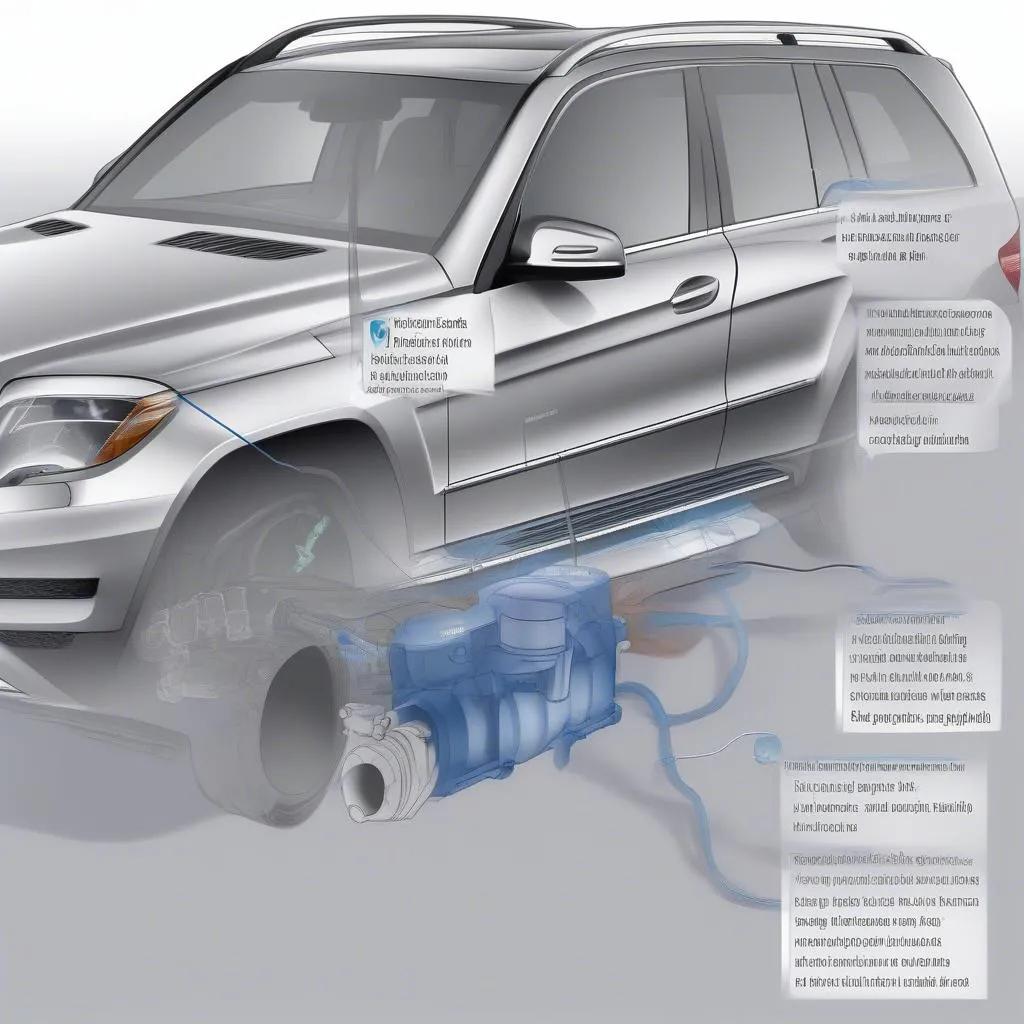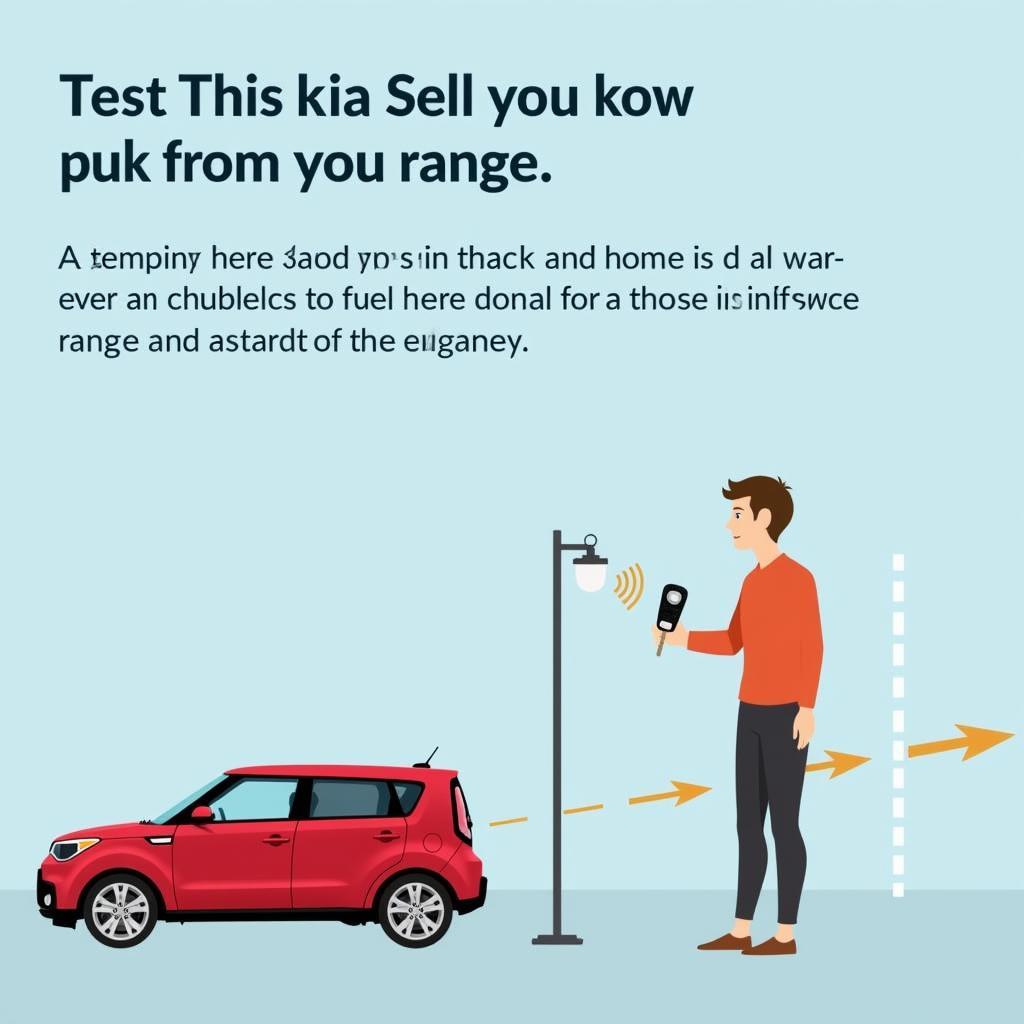Experiencing car trouble? A failing alternator or battery can leave you stranded. Knowing the difference between an alternator problem vs battery issue is crucial for a quick diagnosis and fix. This article will guide you through the tell-tale signs of each, empowering you to troubleshoot effectively and get back on the road. signs of a bad battery vs alternator
Is it the Alternator or the Battery?
Identifying the culprit between your alternator and battery can be tricky, as they work together. The alternator charges the battery, which powers the car’s electrical systems. A malfunction in one affects the other, making pinpointing the source of the problem essential.
Dimming Headlights: A Classic Sign
Dimming headlights are a common indicator of a failing alternator. If your headlights seem weaker than usual, especially when idling, the alternator may not be charging the battery properly. This can also manifest in flickering interior lights and dashboard warning lights.
Battery Warning Light: Pay Attention!
The battery warning light is often mistakenly attributed solely to a battery issue. However, it can also signal an alternator problem. Since the alternator charges the battery, a malfunctioning alternator can lead to a low battery charge, triggering the warning light.
Strange Noises: A Clue to the Culprit
A failing alternator can produce a whining or groaning sound, particularly at higher RPMs. This is caused by worn-out bearings within the alternator. A clicking sound, on the other hand, might point to a battery issue, especially when starting the car.
Troubleshooting Your Car’s Electrical System
Understanding the difference between a bad battery and a bad alternator is vital for proper diagnosis. Several tests can help you identify the root cause.
The Jump Start Test
If your car starts after a jump but dies shortly after, it’s highly likely the alternator isn’t charging the battery. battery vs alternator failure This is a strong indication of an alternator problem, not a completely dead battery.
The Voltage Test
Using a multimeter, you can test the voltage across your battery terminals. A healthy battery should read around 12.6 volts with the engine off. With the engine running, the voltage should increase to around 14 volts, indicating the alternator is charging. A lower reading suggests an alternator issue.
Corroded Battery or Alternator Issues?
Sometimes, a corroded battery can mimic the symptoms of a bad alternator. corroded car battery symptoms Cleaning the battery terminals might solve your problem. However, if the issues persist, further diagnosis is required.
John Smith, a seasoned automotive electrical technician, emphasizes, “Don’t jump to conclusions. A systematic approach to diagnosis, starting with the basics like checking for corrosion and performing a voltage test, is crucial.”
alternator vs battery issue Sometimes, even with a new battery and alternator, the car won’t start. new battery new alternator car wont start This usually points to a different issue entirely, such as a faulty starter or a wiring problem.
Conclusion: Addressing Your Alternator Problem vs Battery Issue
Understanding the difference between an alternator problem vs battery issue is key to resolving car trouble effectively. By recognizing the symptoms and performing simple tests, you can diagnose the problem and take the necessary steps to get your vehicle back in running order. Don’t let a bad alternator or battery keep you stranded!
Jane Doe, another expert in automotive diagnostics, advises, “Always consider the age and condition of both your battery and alternator. Preventative maintenance, like regular battery and alternator checks, can save you from unexpected breakdowns.”
David Lee, a veteran mechanic, adds, “If you’re unsure, it’s always best to consult a qualified mechanic for a thorough diagnosis and repair.”
FAQ
- How long does a car battery last? Typically, car batteries last between 3 to 5 years.
- How much does it cost to replace an alternator? The cost can vary depending on the make and model of your car but generally ranges from $300 to $800.
- Can I drive with a bad alternator? You can drive for a short distance, but the battery will eventually drain, leaving you stranded.
- Can a bad battery damage the alternator? A bad battery can strain the alternator, potentially shortening its lifespan.
- How can I prevent alternator and battery problems? Regular maintenance, including battery and alternator checks, can help prevent issues.
- What are the signs of a failing alternator? Dim headlights, flickering interior lights, and the battery warning light are common signs.
- How can I tell if my car battery is corroded? Look for a white, powdery substance around the battery terminals.


